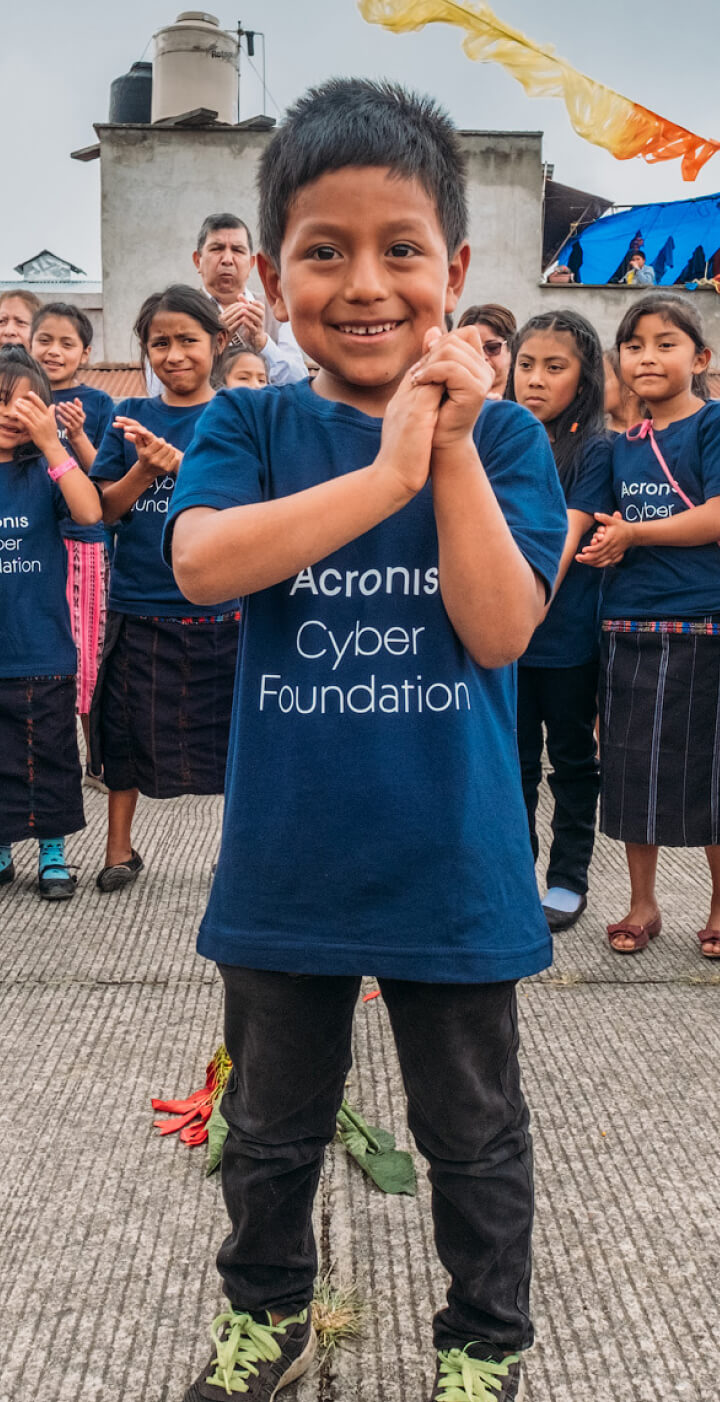A school community is not just a building. It’s the various individuals and groups who are invested in the welfare and vitality of the school, for example, the neighborhoods and municipalities.
In partnership with GoDaddy Pro, Acronis Cyber Foundation started building three additional classrooms, a sanitary facility, and new stairways for the school’s 525 students. The new extension will benefit the remote hillside village by offering better access to education and overcrowding issues.
What is sustainable construction and why it is important
Sustainable construction uses renewable and recyclable materials when building new structures and reducing energy consumption and waste. The primary goal of sustainable building is to minimize the impact on the environment.
But it doesn’t end when the construction is complete; the building must have a reduced impact on the environment over its lifespan. The building design should also incorporate elements that have an ongoing positive influence on the building’s environmental impact.
Acronis Cyber Foundation is constantly exploring ways to improve the schools’ construction process with the three pillars of sustainability – environmental protection (planet), economic viability (profit), and social equity (people).

Using bamboo to replace timber
Guatemala is one of the first Central American countries to focus its attention on bamboo as a potentially renewable resource and a country with many native woody bamboos that are widely available and inexpensive.
Bamboo is a versatile material commonly used to make paper and bedsheets. It is also strong enough to use as scaffolding for skyscrapers and has a long history of use in vertical construction. Bamboo checks many of the boxes of eco-friendly construction material as it is lightweight and minimizes the environmental costs of harvesting and transportation.


The demand for a more sustainable and economical construction solution has significantly grown due to the evident effects of global warming. According to the United Nations Environment Programme (UNEP) global status report, “the increased construction activities and urbanization will increase waste which will eventually destroy natural resources and wildlife habitats over 70% of land surface from now up to 2032.”
It is deeply unsettling for us and our future generations, and therefore, the need for sustainable school construction is more important than ever.


